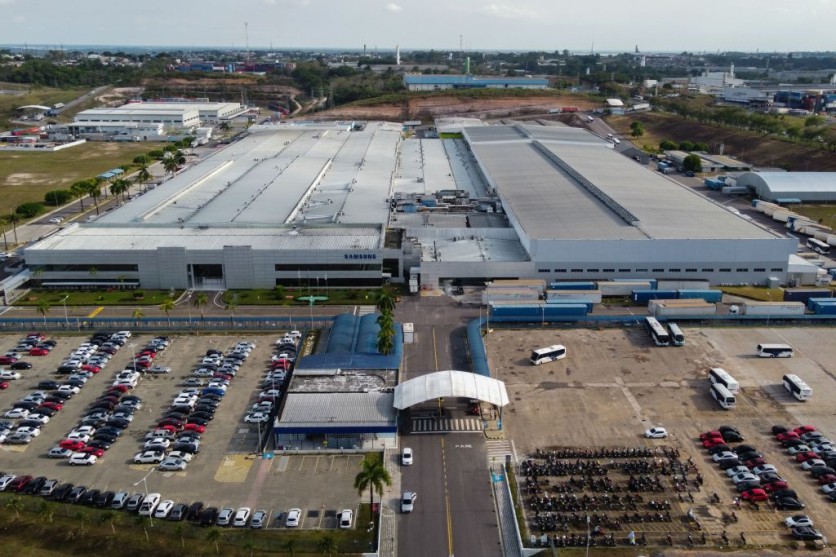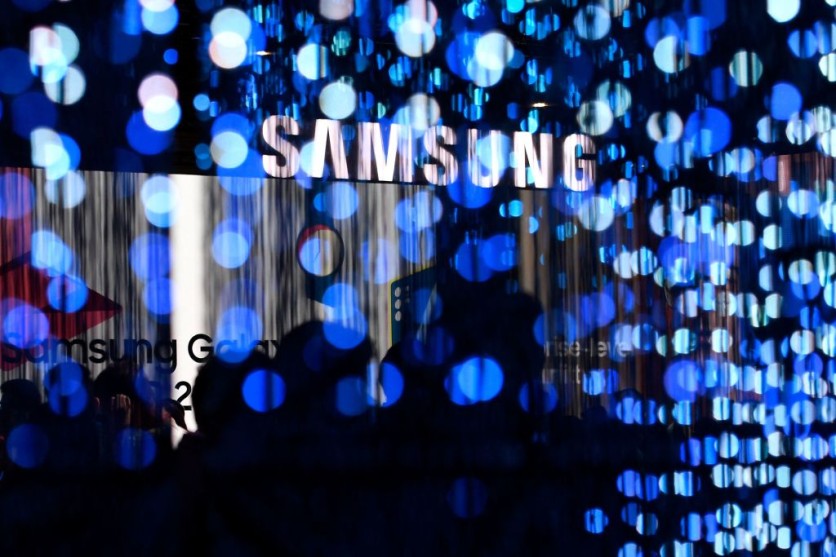Samsung announced on Friday, Aug. 19, that it would invest 20 trillion won, or about $15 billion, by the year 2028 in the construction of a brand-new advanced semiconductor development facility in South Korea.
The South Korean tech company stated that the new facility, which will be constructed at its Giheung location, will spearhead advanced research on novel technologies and new wafer production processes for memory and system semiconductors, according to a report by ZDNET.

Samsung's Next-Gen Products
Jay Y. Lee, vice chairman of Samsung, was present at the ceremony on Friday. This was his first formal outing since receiving a presidential pardon for his conviction for bribery last week.
The building will be 109,000 square meters in size and be placed on Samsung's Giheung campus, one of the company's three main semiconductor production facilities, or fabs, in South Korea.
Lee said the company is taking on a new challenge at the same location where it first thrived after Samsung established its first semiconductor plant 40 years ago.
"If we hadn't made bold R&D investments for next-generation products and in products that came after that, there would be no semiconductor business for Samsung today. We need to continue our tradition of investing preemptively and emphasizing technology," Lee remarked during the ceremony.
With the construction of the complex, Samsung claimed it was attempting to go beyond the limitations of semiconductor scaling and maintain its competitive edge in semiconductor technology.

Samsung's History
The tech giant also emphasized that it created the first 64Mb DRAM on its Giheung facility in 1992. This achievement enabled the company to become the top memory chip manufacturer the following year, a title it still holds even to this day.
The announcement comes after Samsung revealed in June that it has started manufacturing chips in large quantities using its newest 3nm technology node.
As customers piled up inventory due to the recent global chip scarcity, Samsung's chip division benefited. Additionally, other contract chip producers could raise their service fees due to the uptick in demand.
For the second quarter of this year, two-thirds of the company's operating earnings came from its semiconductor sector. At the time, Samsung also mentioned that higher yield rates allowed it to achieve its best revenue for the quarter for its contract chip manufacturing.
This article is owned by Tech Times
Written by Joaquin Victor Tacla
ⓒ 2025 TECHTIMES.com All rights reserved. Do not reproduce without permission.




